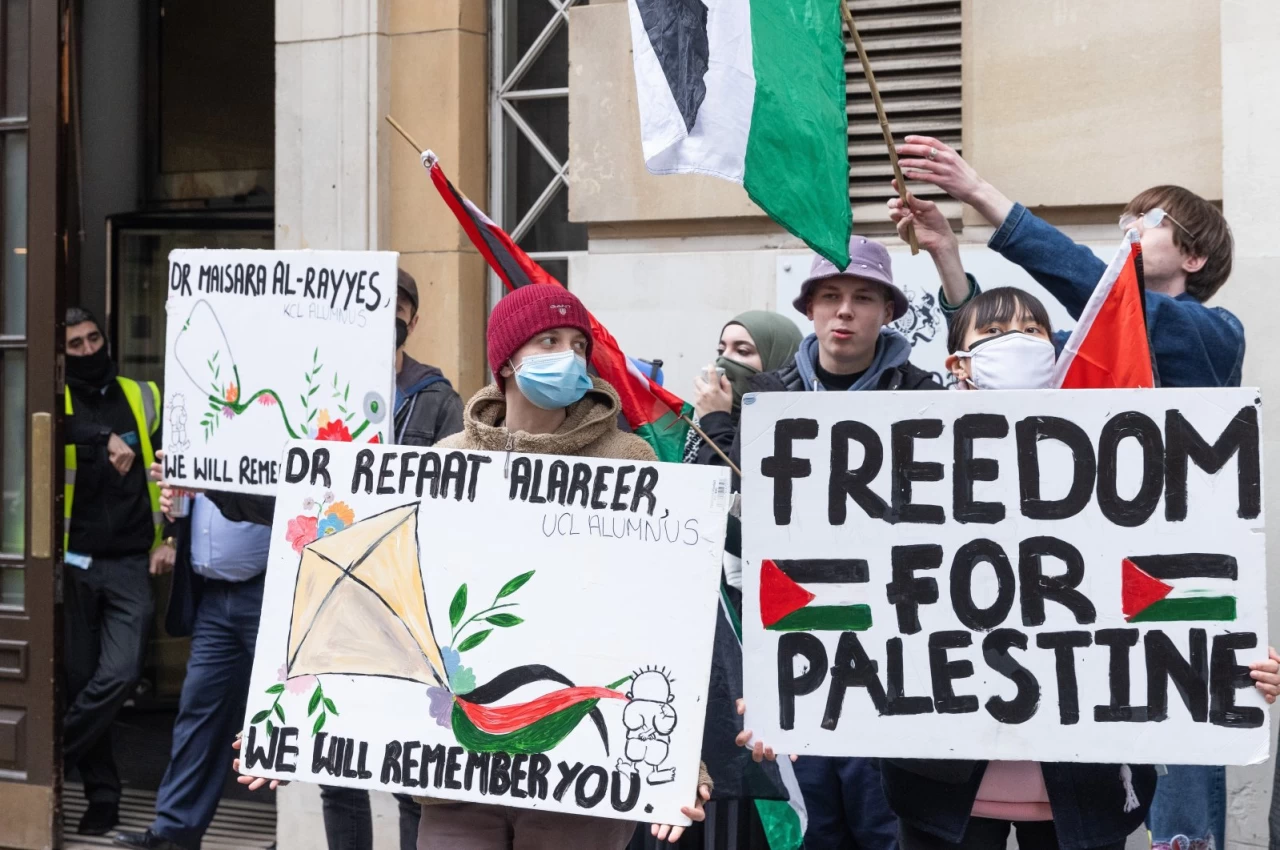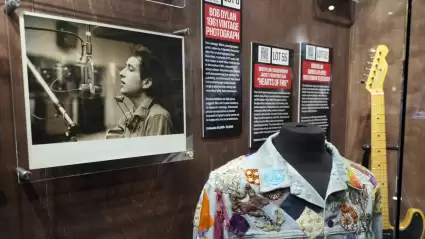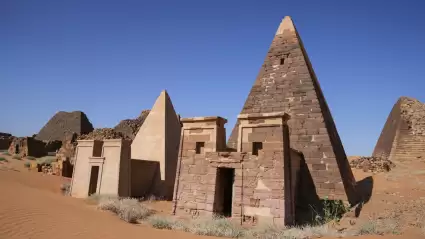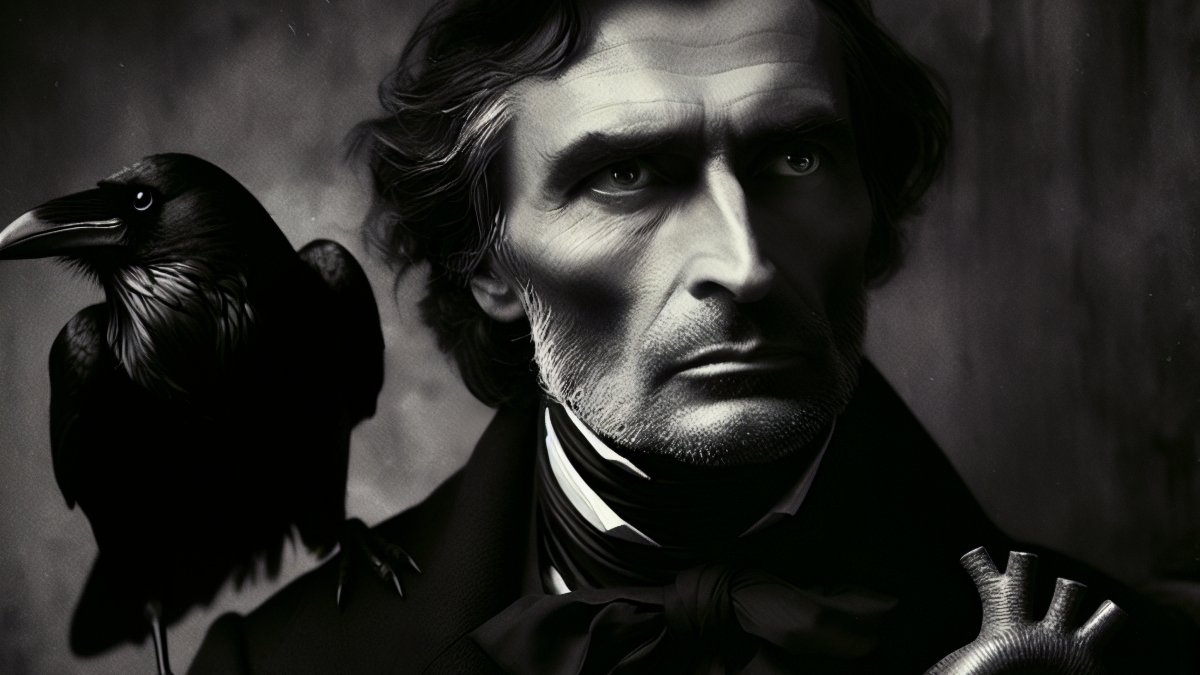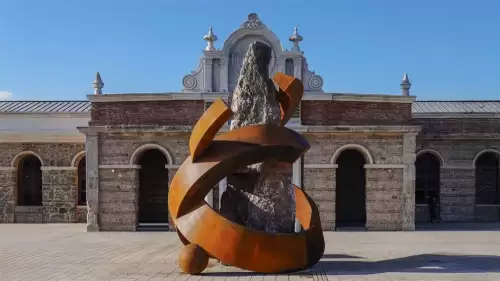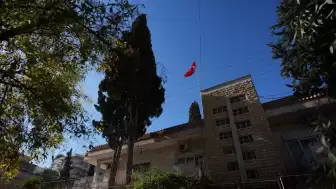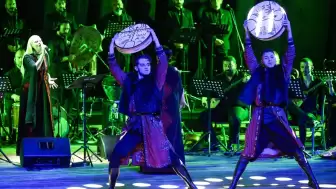The Martyr Poets—did not tell— But wrought their Pang in syllable— That when their mortal name be numb— Their mortal fate—encourage Some— Emily Dickinson (1830-1886) Dr.
Refaat Alareer (1979-2023), a poet, writer and professor of English and creative writing at the Islamic University of Gaza, was killed by the Israeli army in Gaza nearly two months after the Oct. 7 attacks.
On Dec. 5, the day prior to a surgical airstrike aimed at him, he received a call from someone purporting to be an Israeli military officer, who threatened that he and his family would be subjected to torture and murder at their hands.
This was not the first instance in which he was menacingly threatened with the lives of his family.
To avoid endangering anyone's life, he departed from the overcrowded U.
N. school where they were taking refuge and proceeded to his sister's residence.
The poet and scholar, originally from Gaza, who resided and taught in Gaza, was murdered in Gaza.
Since Dec. 6, 2023, Alareer has been the martyred poet of Gaza and Palestine.
Stories against numbers Following his demise, his early poetry "If I Must Die" gained significant global resonance and emerged as one of the most extensively read and translated poems of the 21st century.
The numerical significance, however, cannot adequately measure a poem's impact.
Even the poet cannot control or exactly know the reception of their poem.
Similar to any other being, poetry is inherently immeasurable in its impact.
In this regard, Noor Aldeen Hajjaj, a young martyr poet killed in Gaza on Dec. 2, 2023, said in his diary: " I am not a number and I do not consent to my death being passing news.
Say, too, that I love life, happiness, freedom, children's laughter, the sea, coffee, writing, Fairouz, everything that is joyful – though these things will all disappear in the space of a moment.” As a co-founder of "We Are Not Numbers," a nonprofit organization committed to fostering “a new generation of Palestinian writers and thinkers,” Alareer was opposing the confinement of the stories of Palestinian individuals under mere statistics.
Although individuals endured suffering and were killed at the hands of the same perpetrator within a similar historical context and geographical location, the tally of the murdered, injured, tortured, displaced or humiliated cannot adequately honor their distinct lives, narratives and voices that deserve recognition.
Kites, markers of Gaza Literary works illustrate that not only humans but also clouds, fish, stones and cats own distinct narratives.
Refaat Alareer's poem "If I Must Die" narrates a touching tale centered around a remarkably captivating object: a kite.
Kites embody the passions, aspirations and dreams of a child, representing the soul's desire to soar freely in the sky.
For Alareer, only a kite might restore hope in the eyes of a Gazan child gazing at an occupied sky.
The martyr poet’s will, his legacy bequeathed to us.
IF I MUST DIE If I must die, you must live to tell my story to sell my things to buy a piece of cloth and some strings, (make it white with a long tail) so that a child, somewhere in Gaza while looking heaven in the eye awaiting his dad who left in a blaze— and bid no one farewell not even to his flesh not even to himself— sees the kite, my kite you made, flying up above and thinks for a moment an angel is there bringing back love If I must die let it bring hope let it be a tale In this poem, Alareer aligns with a literary tradition on kites, which is grounded in ancient myths and stories, developed in the poetry of figures such as E.
E.
Cummings and Leonard Cohen and has thrived in "If I Must Die." However, there was one other tradition he adhered to steadfastly throughout his life: the resistance of Gaza.
Refaat, a native of Gaza, returned to his cherished country following his graduate studies in the U.
K. and Malaysia.
He chose to teach his Gazan brothers and sisters not only English literature, translation and creative writing, but also anticolonial resistance through language, narrative and rigorous scholarship.
Despite his ability to work globally due to his academic accomplishments, he returned to Gaza to mentor, motivate and inspire the Gazan youth.
It was not merely a rejection of the oppression of occupying forces, but also a protest to a self-indulgence that apparently paralyzes our conscience by disregarding our ethical and political responsibilities.
This is why he posed a significant threat to the occupier: Narrating the experiences of the Palestinian people to a global audience like Ghassan Kanafani and fostering the ability of newer generations to articulate their own narratives must be suppressed and terminated.
The poet must die and be silenced to suppress the voice of Gaza and to stifle a world already inclined to avert its gaze from the unsettling truths that necessitate accountability.
A few days before his murder, in a video interview broadcast by Electronic Intifada, Alareer was seen heart-stricken, declaring his only weapon against the cruel violence as a scholar: "I am an academic and probably the toughest thing I have at home is an Expo marker.
But if Israelis invade, if they charge at us to massacre us door to door, I'm going to use that marker and throw it at the Israeli soldiers.” His speech was abruptly interrupted by a loud bomb descending from the sky.
Since that very moment, Alareer’s honorable memory has become encapsulated in another object: an Expo marker that would be thrown at the ferocious aggressor in the name of dignity.
In this way, he was embracing the glorious tradition of Palestinian resistance, epitomized by children and youth throwing stones at the occupying army.
And the last link in the chain was the commander and the leader of the Gaza resistance, martyr Yahya Sinwar (1962-2024), who threw a stick at a drone despite being mortally wounded, in his final moments.
Do not call them dead!
One short sleep past, we wake eternally And death shall be no more; Death, thou shalt die.
John Donne (1572-1631) Refaat Alareer believed in the power of the stories to the extent that they had the capacity to touch the souls of human beings and bring about profound change.
He comforted his children with stories during the intense bombardment and edited two anthologies of his students' writings, "Gaza Writes Back" and "Gaza Unsilenced," as a means of resisting the ongoing nakba, or "catastrophe." This is why the martyr poet wanted his life to be “a tale.” A compilation of Refaat Alareer's poetry and prose will preserve his honorable legacy, thanks to his friends, students and readers worldwide.
Edited by his student and friend Yousef Aljamal and published by OR Books, “If I Must Die: Poetry and Prose” echoes John Donne’s phrase, “Death, be not proud!” Because the martyr poet is not dead.
And he will see a free Palestine liberated from the river to the sea with his Gazan students and friends.

